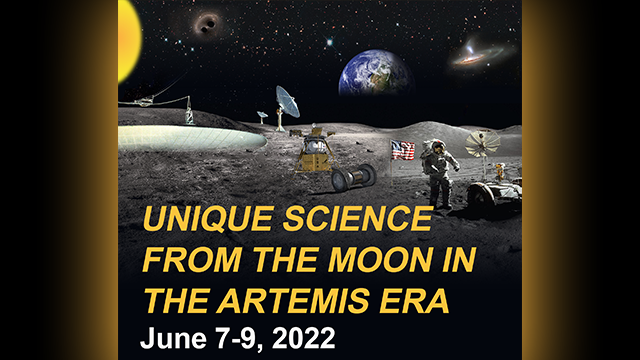Enabling a Safe and Sustainable Commercial Space Economy
About the Speaker:
Dr. Mehta is an Assistant Professor of Space Systems in the Department of Mechanical and Aerospace Engineering at West Virginia University with research interests in orbital/satellite drag in space situational awareness and atmospheric reentry. Space debris remains a persistent threat to assets and humans in space. The proliferation of low Earth orbit (LEO) with replenishable small satellite megaconstellations driven by commercial interests has further stressed Space Situational Awareness (SSA) and put focus on space traffic management (STM). While the trackable debris catalog has grown significantly over the last decade, lethal non-trackable (LNT) debris smaller than the order of centimeters in size remains a challenge as they fall below the detection and tracking capability of most ground-based sensors. In addition to catalog maintenance under SSA, STM has put focus on enhanced and concerted space operations that includes conjunction assessment and collision avoidance. The US Space Policy Directive-3, National STM Policy has emphasized the necessity “to make significant contributions to establish a quality threshold for actionable collision avoidance warning to minimize false alarms”. Accurate calculation of Probability of Collision (PoC) for confident decision-making require realistic covariance information since maneuvers are expensive (personnel cost, science data or commercial service outage, fuel costs). The continued LEO proliferation will overwhelm the operators who are likely to receive multiple collision warning messages a day. West Virginia University is leading two high-profile projects supported by Intelligence Advanced Research Projects Activity (IARPA) and Office of Space Commerce (OSC) targeted at addressing the challenge of LNT debris and enhancing LEO operations, respectively, critical for a safe and sustainable space economy and environment. The talk will provide an overview of the projects and a summary of the technical advances.
